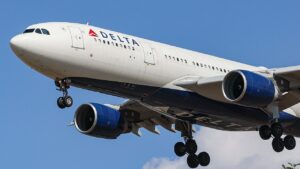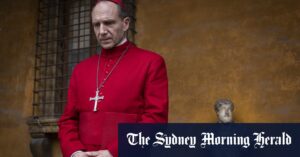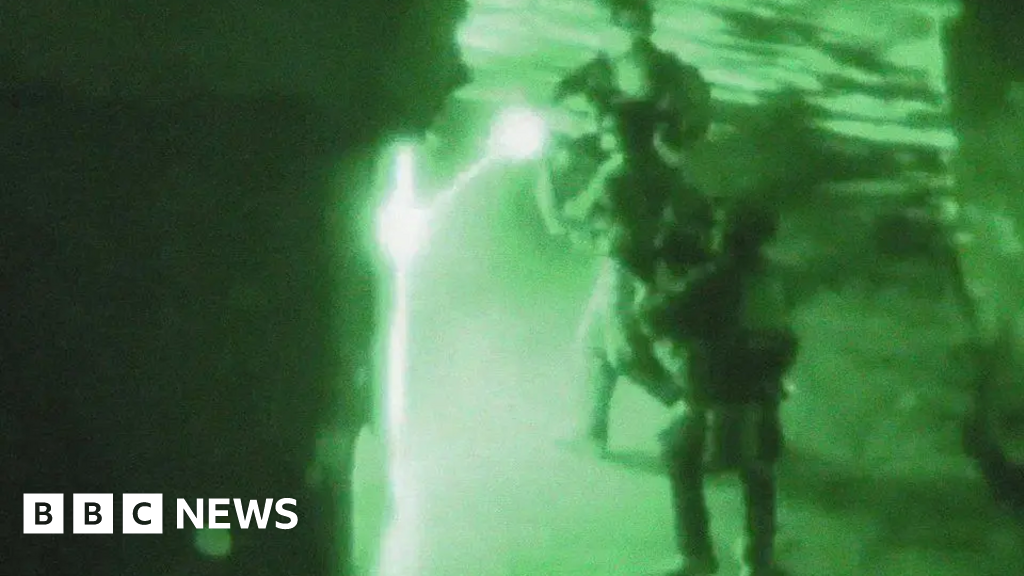
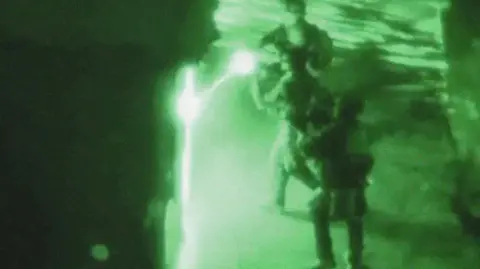 Getty Images
Getty ImagesA former senior UK Special Forces officer has told a public inquiry into alleged war crimes in Afghanistan that the SAS had a “golden pass allowing them to get away with murder”.
The accusation was published by the Afghanistan Inquiry on Wednesday as part of a release of material summarising seven closed hearings with members of UK Special Forces.
The officer, a former operations chief of staff for the Special Boat Service (SBS) – the UK’s naval special forces – was one of several senior members of the unit who registered concerns back in 2011 that the SAS appeared to be carrying out executions and covering them up.
In one email from the time, the officer wrote that the SAS and murder were “regular bedfellows” and described the regiment’s official descriptions of operational killings as “quite incredible”.
Asked by the inquiry during the closed hearings whether he stood by his assertion that the SAS’s actions amounted to murder, the officer replied: “Indeed.”
Pressed by the inquiry counsel about his decision not to report his concerns further up the chain of command in 2011, he said he regretted his lack of action at the time. He agreed that there had been a “massive failure of leadership” by UK Special Forces.
The former SBS operations chief of staff was one of several senior officers from the Royal Navy’s special forces unit who gave evidence to the inquiry behind closed doors in 2024.
The inquiry, which is examining night raids by UKSF between 2010 and 2013, follows years of reporting by BBC Panorama into allegations of murder and cover up by the SAS.
Only the inquiry team and representatives from the Ministry of Defence have been allowed to attend the closed hearings. The public, members of the media, and lawyers for the bereaved families are not allowed to be present.
The material released on Wednesday summarises the testimony from these hearings. Taken together, the documents – totalling hundreds of pages – paint a picture of the SAS’s arrival in Afghanistan in 2009 and the way in which it took over hunting the Taliban from the SBS.
Senior SBS officers told the inquiry of deep concerns that the SAS, fresh from aggressive, high-tempo operations in Iraq, was being driven by kill counts – the number of dead they could achieve in each operation.
Another senior SBS officer who gave evidence was asked whether he stood by his concerns in 2011 that the SAS was carrying out extra-judicial killings.
“I thought and think that on at least some operations [the SAS] was carrying out murders,” he said.
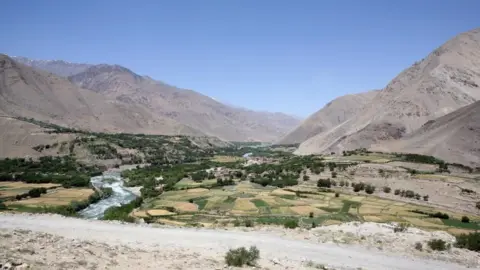
A junior SBS officer who also gave evidence to the inquiry behind closed doors described a conversation in which a member of the SAS who had recently returned from Afghanistan told him about a pillow being put over the head of someone before they were killed with a pistol.
“I suppose what shocked me most wasn’t the execution of potential members of the Taliban, which was of course wrong and illegal, but it was more the age and the methods and, you know, the details of things like pillows,” the junior officer said.
He clarified that some of those killed by the SAS had been children, according to the conversation he relayed. Asked by the inquiry counsel if he meant some of those killed would be as young as 16, he replied: “Or younger 100%”.
The junior officer told the inquiry that he feared for his safety should his name be linked to testimony that the SAS had been allegedly murdering civilians.
These SBS officers were part of a small group that was privately raising doubts back in 2011 about the veracity of SAS operational reports coming back from Afghanistan.
In one email, one of the senior officers, who held a post at the SBS headquarters in Poole at the time, wrote to a senior colleague: “If we don’t believe this, then no one else will and when the next WikiLeaks occurs then we will be dragged down with them.”
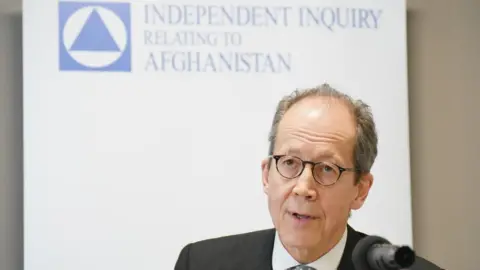 PA Media
PA MediaThe two senior officers were in a position to interpret the language in the regiment’s reports, having served with SBS operational units in Afghanistan prior to the arrival of the SAS, when the naval unit was forced to take what it saw as a back seat, pursuing anti-narcotics operations rather than hunting the Taliban.
As well as believing that the SAS may have committed murders, they described in their emails what they viewed as a cover-up in Afghanistan. The second officer told the inquiry chair: “Basically, there appears to be a culture there of ‘shut up, don’t question’.”
At the time, support staff in Afghanistan were sceptical about the SAS’s accounts of their operations, judging them not credible.
But rather than taking the concerns seriously, a reprimand had been issued “to ensure that the staff officers support the guys on the ground”, another senior SBS officer wrote.
He told the inquiry that in the eyes of the Special Forces’ commanding officer in Afghanistan, the SAS could do no wrong, and described the lack of accountability for the regiment as “astonishing”.
The documents released on Wednesday also reveal new details about an explosive meeting in Afghanistan in February 2011, during which the Afghan special forces that partnered the SAS angrily withdrew their support.
The meeting followed a growing rift between the SAS and the Afghan special forces over what the Afghans saw as unlawful killings by members of the SAS.
One Afghan officer present at the meeting was so incensed that he reportedly reached for his pistol.
Describing the meeting in a newly released email, the SBS officer wrote: “I’ve never had such a hostile meeting before – genuine shouting, arm waving and with me staring down a 9mm barrel at one stage – all pretty unpleasant.”
After intervention from senior members of UKSF, the Afghan units agreed to continue to working alongside the SAS. But it would not be the last time they withdrew their support in protest.
“This is all very damaging,” the SBS officer concluded his email.
Additional reporting by Conor McCann



